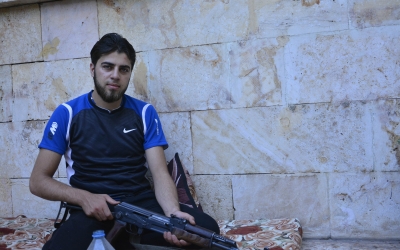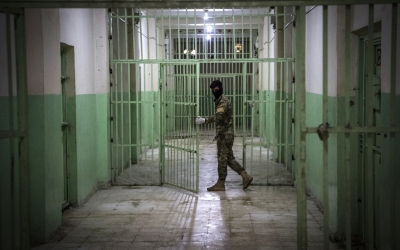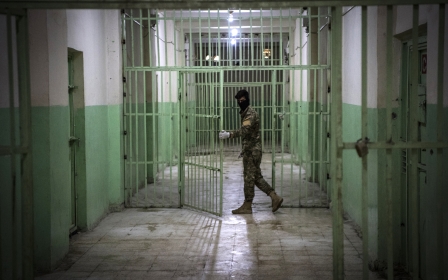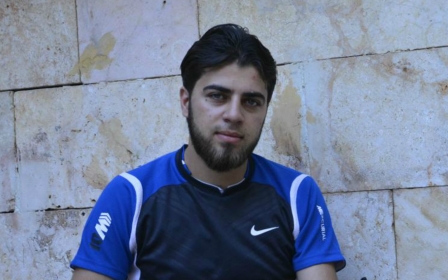Syrian torture trial opens in Germany under universal jurisdiction law
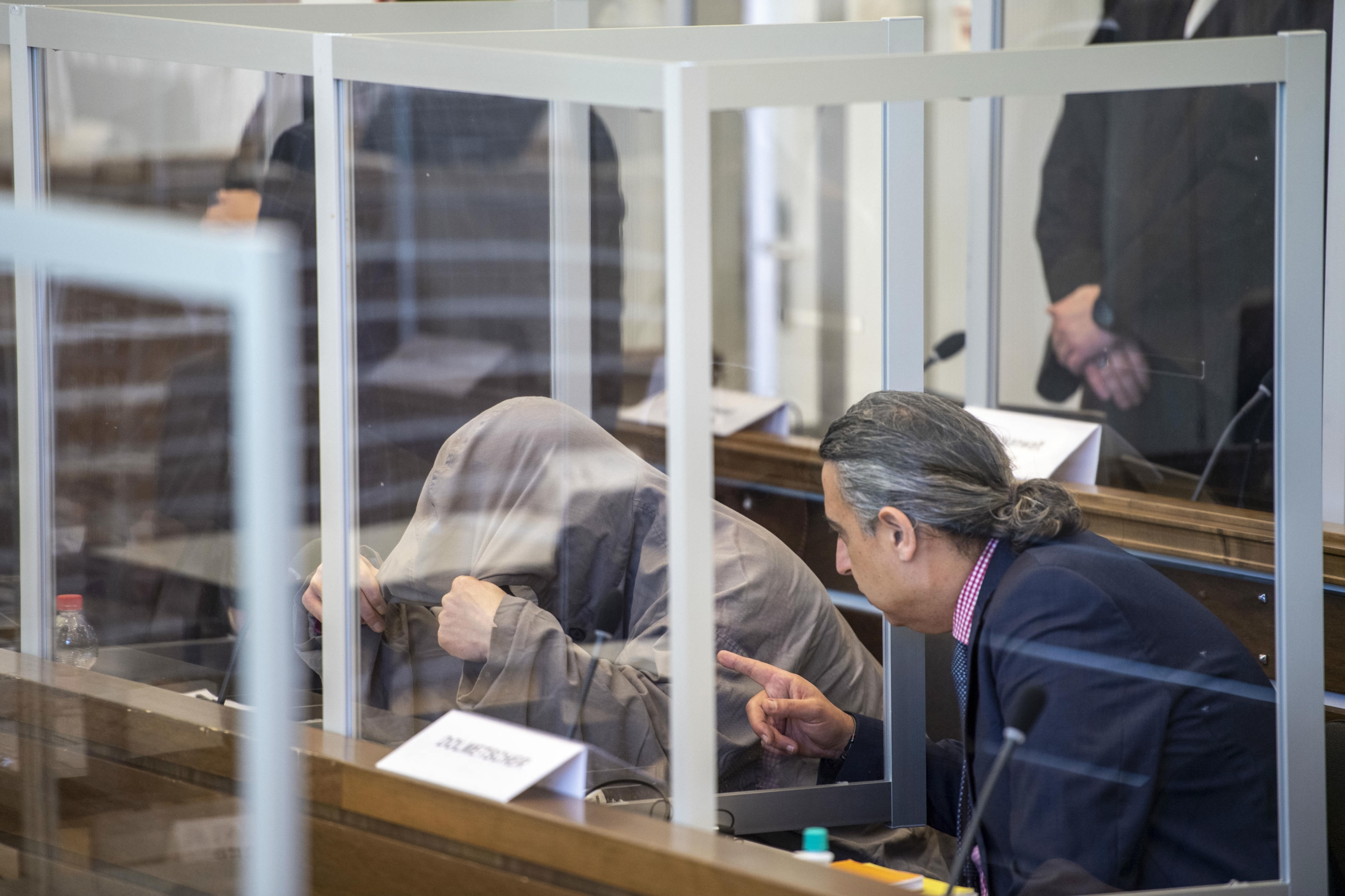
The first trial of suspected members of Syrian President Bashar al-Assad's security services for crimes against humanity, including torture and sexual assault, opened in Germany on Thursday.
Anwar Raslan, an alleged former colonel in Syrian state security, stands accused of carrying out crimes against humanity while in charge of the Al-Khatib detention centre in Damascus.
The 57-year-old is charged with overseeing the murder of 58 people and the torture of 4,000 others at the prison between 29 April 2011 and 7 September 2012.
Fellow defendant Eyad al-Gharib, 43, is accused of being an accomplice to crimes against humanity, having allegedly helped to arrest protesters and deliver them to Al-Khatib in the autumn of 2011.
Like hundreds of thousands of other Syrians, the two men both fled their country and applied for asylum in Germany, where they were arrested in February 2019.
Campaigners have hailed the process as a first step towards justice for thousands of Syrians who say they were tortured in government facilities after attempts to establish an international tribunal for Syria failed.
Universal jurisdiction
German prosecutors have used universal jurisdiction laws that allow them to prosecute crimes against humanity committed anywhere in the world to bring the trial.
"This trial is the first occasion on which [victims] are speaking out – not only in public, but before a court – about what happened to them and what is still happening in Syria," said Wolfgang Kaleck, founder of the European Center for Constitutional and Human Rights (ECCHR), a Berlin-based legal group supporting the plaintiffs.
The principle of universal jurisdiction is the only way to bring the perpetrators of Syrian state crimes to justice, as the International Criminal Court is hamstrung by vetoes from Russia and China, the ECCHR said.
Rights group Amnesty International called on other states "to follow Germany’s steps in initiating similar proceedings".
"The case in Koblenz should serve as a stark warning to those who are currently committing abuses in Syria that no one is beyond the reach of justice," Human Rights Watch said in a statement.
'Beaten with fists, wires and whips'
During the trial, due to last until at least August, the court is expected to hear testimony from victims who survived imprisonment at Al-Khatib, before later escaping to Europe.
Reading from the charge sheet on Thursday, state prosecutor Jasper Klinge said conditions at the prison were "inhumane".
Inmates, many of whom were arrested for taking part in pro-democracy demonstrations during the Arab Spring in 2011, were beaten with "fists, wires and whips" and subjected to electric shocks, prosecutors said.
Others were "hung by their wrists so that only the tips of their toes were touching the ground" and "continued to be beaten in this position" or else "deprived of sleep for several days".
Such "brutal acts of psychological and physical abuse" were intended to extract "confessions and information about the [Syrian] opposition", the charge sheet said.
Spotted in a DIY store
"Arbitrary arrests and torture are the main weapon used by the Assad regime to spread fear among Syrians and suppress their demands for democracy and justice," said human rights lawyer Anwar al-Bunni, who says he was imprisoned by Raslan.
'This trial will break the immunity of the criminals in Syria, from the head of the regime all the way down'
- Anwar al-Bunni, human rights lawyer
"This trial will break the immunity of the criminals in Syria, from the head of the regime all the way down."
Germany has taken in more than a million asylum seekers - many fleeing war in Syria and Iraq - and as a result sometimes become a surreal arena where victims run into their erstwhile torturers in the street.
Bunni reportedly crossed paths with Raslan in a DIY store in Germany five years ago, recognising him as the man who had thrown him in jail a decade earlier.
While Bunni is not one of the plaintiffs in Thursday's trial, he is a respected figure in Germany's 700,000-strong Syrian community, and has convinced numerous victims to come forward.
A leaked copy of Raslan's indictment claims that after arriving in Germany Raslan reinvented himself as a dissident and approached the Berlin police in 2015, claiming that he feared he might be assassinated by agents of the Syrian government.
He allegedly made no attempt to disguise his past, telling officers that “one could not always remain polite” when interrogating anti-regime activists.
Instead of offering Raslan assistance, however, the police passed his file to the office of the German public prosecutor general, which handles the most sensitive and serious offences.
He was arrested last year and has been held in custody since then.
Some have suggested that Raslan was not just a pawn of the government, noting that he reportedly defected to the opposition in 2012 before arriving in Germany two years later.
Yet ECCHR's Kaleck insists that he was not "any old prison guard," but rather someone who, according to prosecutors, had a position of authority in the apparatus of the Syrian state.
If convicted, Raslan faces life imprisonment.
Raslan and Gharib's lawyers declined to comment ahead of the trial, AFP said.
The Syrian Observatory for Human Rights monitoring group, a UK-based activist group, says at least 88,000 people have been killed under torture or as a result of the conditions in Assad's detention centres.
Middle East Eye delivers independent and unrivalled coverage and analysis of the Middle East, North Africa and beyond. To learn more about republishing this content and the associated fees, please fill out this form. More about MEE can be found here.



